An interview with Claire G. Coleman
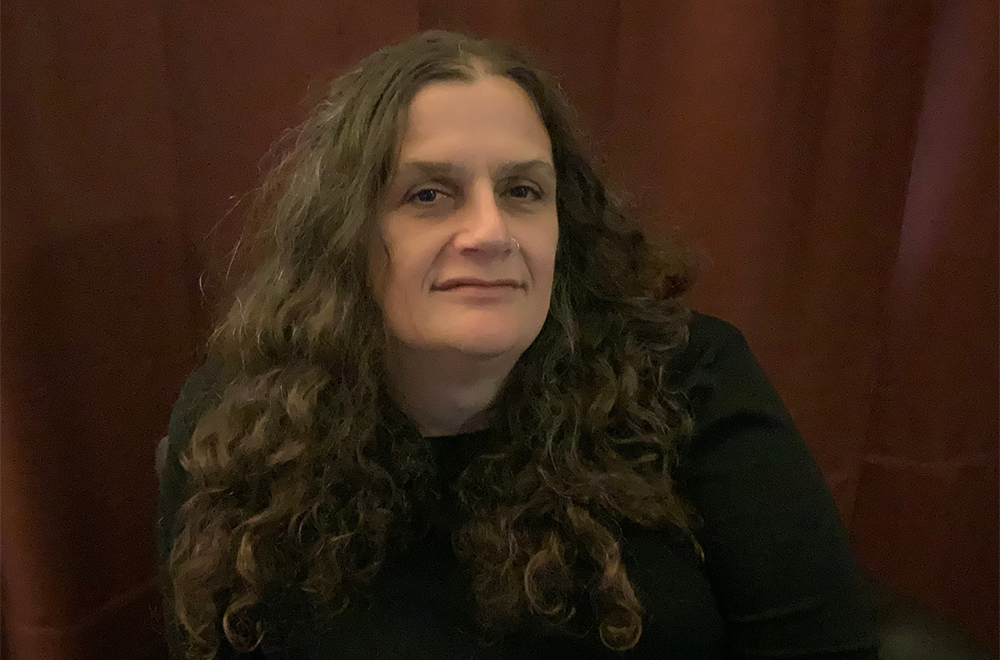
Claire G. Coleman is a Wirlomin Noongar woman whose ancestral country is on the south coast of Western Australia. Her first novel Terra Nullius (Hachette, 2017) won a black&write! Fellowship and a Norma K. Hemming Award and was shortlisted for the Stella Prize and the Aurealis Science Fiction Award. She writes poetry, short fiction, and essays, and has been published widely. Her latest book is Lies, Damned Lies (Ultimo Press, 2021)
If you could go anywhere tomorrow, where would it be, and why?
I think I would return to Country, to the low scrub, the grey stone, white sand, wind, and sea spray. Lockdown in Melbourne and a breakdown in Alice Springs have made me homesick: I just want to be where my family have always belonged. I would also like to return to Melbourne. As much as I love Alice Springs, my
Continue reading for only $10 per month. Subscribe and gain full access to Australian Book Review. Already a subscriber? Sign in. If you need assistance, feel free to contact us.


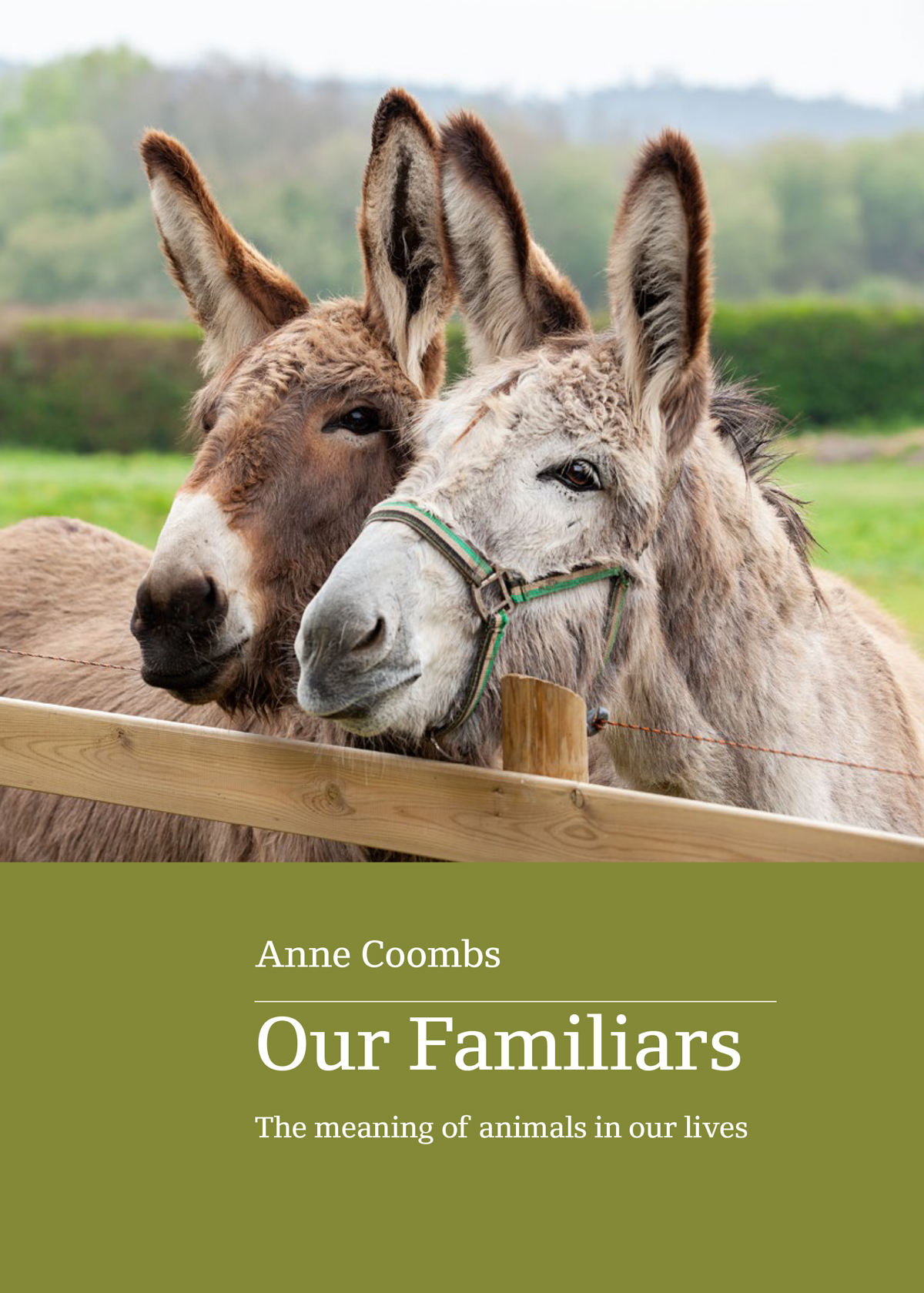

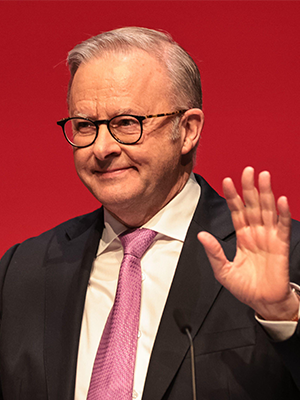

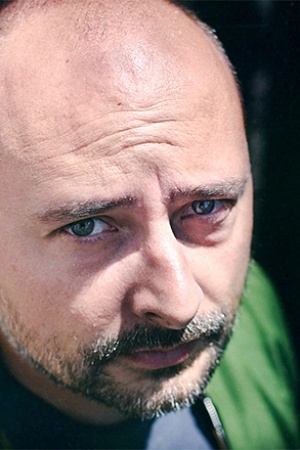

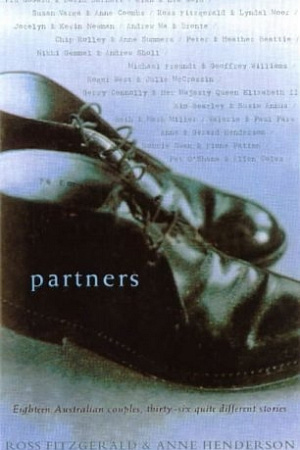

Leave a comment
If you are an ABR subscriber, you will need to sign in to post a comment.
If you have forgotten your sign in details, or if you receive an error message when trying to submit your comment, please email your comment (and the name of the article to which it relates) to ABR Comments. We will review your comment and, subject to approval, we will post it under your name.
Please note that all comments must be approved by ABR and comply with our Terms & Conditions.